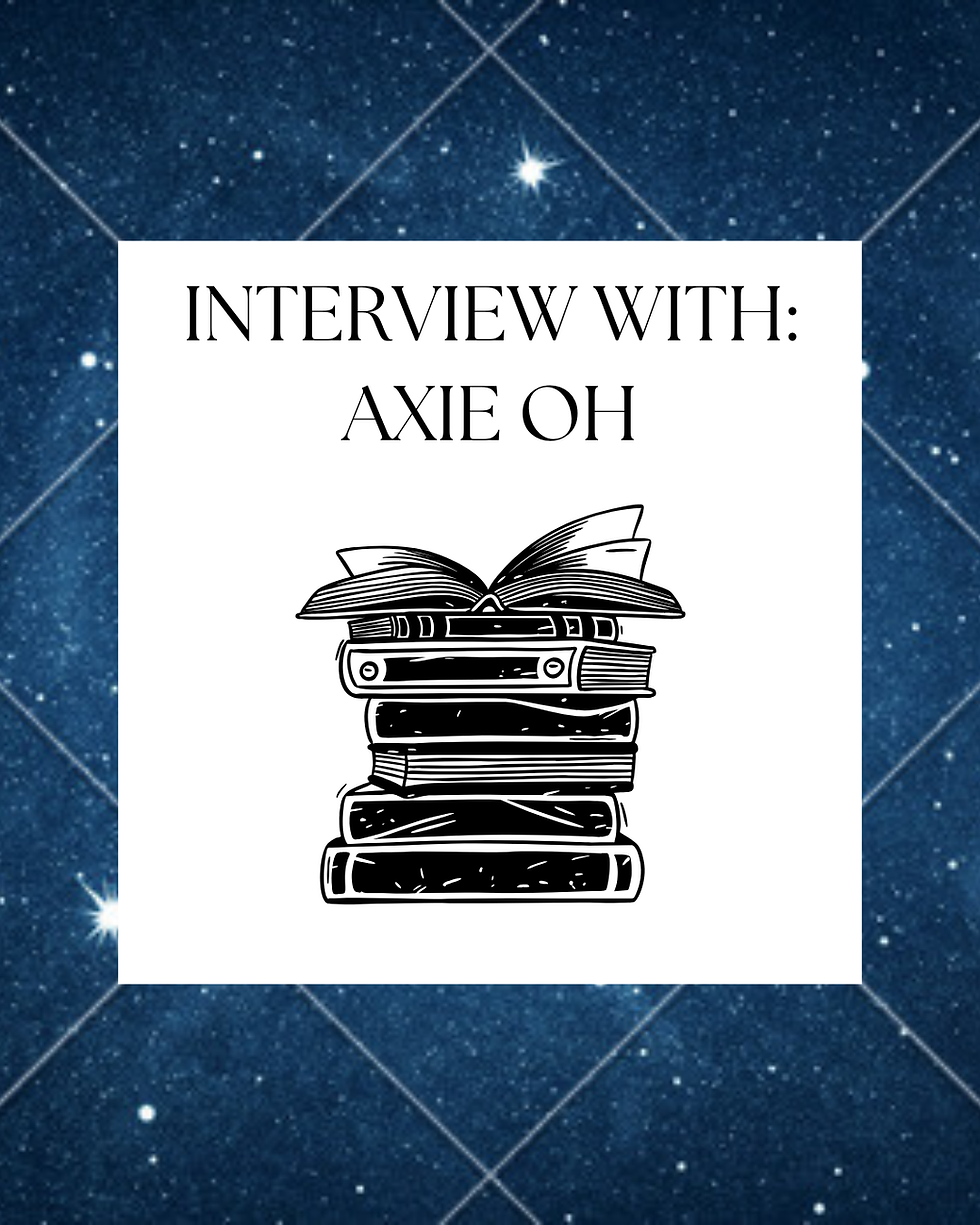If the Body Could Speak: an Interview with Dr Shahd Alshammari
- The Publishing Post

- Jun 8, 2022
- 6 min read
By Madhu Manivannan, Jia Wen Ho, Shaniah Shields and Leanne Francis
Want to read more?
Subscribe to thepublishingpost.com to keep reading this exclusive post.








